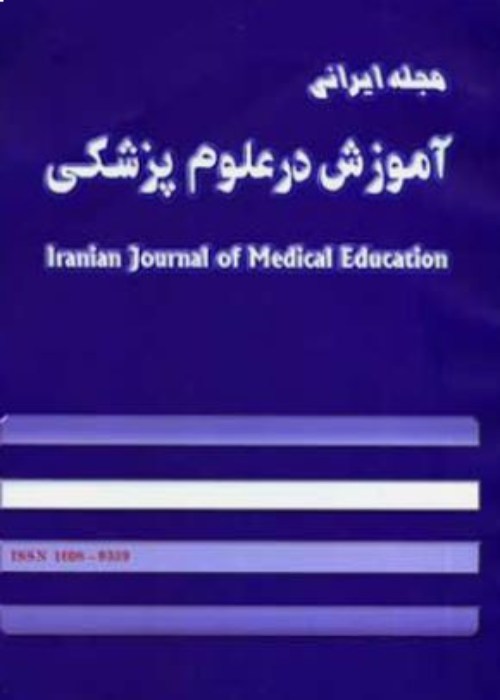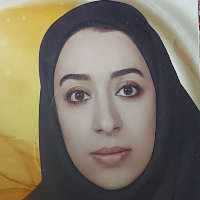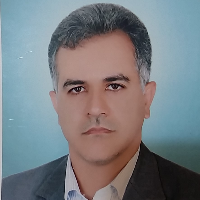Inhibitive Factors on the Development of Critical Thinking in University Libraries: Student's Attitudes in Bushehr University of Medical Sciences and Persian Gulf University
Author(s):
Abstract:
Introduction
Critical thinking training is one of the most important missions of educational institutes. Hence, academic libraries as an inseparable operational unit of higher education must help their users to benefit from information resources and facilities providing them with the chance to develop and improve critical thinking capability. This study aimed to investigate significant barriers to and inhibitive factors on providing suitable environment for developing and improving critical thinking in university libraries from the viewpoints ofstudents in Boushehr Univeristy of Medical Sciences and Persian Gulf Univeristy. Methods
In this descriptive survey, the barriers to critical thinking development in academic libraries was investigated according to the viewpoint of 793 students from Bushehr University of Medical Sciences and Persian Gulf University in 2013-14 academic years. Students were selected by stratified proportional sampling. Data was collected through a valid and reliable researcher-made questionnaire categorized using 5-point Likert scale. The questionnaire was validated using experts’ viewpoints and its reliability was approved through estimation of Chronbach’s Alpha (0.84). Data were analyzed using descriptive statistics, one-sample t-test, Mann Whitney Test, and Kruskal-Wallis. Results
Mean scores in areas of linguistic barriers (weighted mean: 3.59), users’ inherent barriers (weighted mean: 3.49), users’ social and psychological barriers (weighted mean: 3.38), and logical barriers (weighted mean: 3.34) were higher than cut-off point of 3 and placed in significancy level of (p=0.0001). These barriers were identified as most important ones from the viewpoints of students. Conclusion
By encouraging students to ask and seek and creating a suitable environment for sharing ideas, university libraries and librarians can help their users in improving their linguistic communication. Holding educational workshops to promote information literacy skills, ability to seek, analyze, evaluate and judge the value and validity of information, as well as conducting educational tours on how to use library facilities could eliminate major factors in developing critical thinking that are lack of ability in determining informational needs and different levels of identification and utilization of retrieved information.Keywords:
Language:
Persian
Published:
Iranian Journal of Medical Education, Volume:14 Issue: 5, 2014
Pages:
423 to 436
magiran.com/p1293443
دانلود و مطالعه متن این مقاله با یکی از روشهای زیر امکان پذیر است:
اشتراک شخصی
با عضویت و پرداخت آنلاین حق اشتراک یکساله به مبلغ 1,390,000ريال میتوانید 70 عنوان مطلب دانلود کنید!
اشتراک سازمانی
به کتابخانه دانشگاه یا محل کار خود پیشنهاد کنید تا اشتراک سازمانی این پایگاه را برای دسترسی نامحدود همه کاربران به متن مطالب تهیه نمایند!
توجه!
- حق عضویت دریافتی صرف حمایت از نشریات عضو و نگهداری، تکمیل و توسعه مگیران میشود.
- پرداخت حق اشتراک و دانلود مقالات اجازه بازنشر آن در سایر رسانههای چاپی و دیجیتال را به کاربر نمیدهد.
In order to view content subscription is required
Personal subscription
Subscribe magiran.com for 70 € euros via PayPal and download 70 articles during a year.
Organization subscription
Please contact us to subscribe your university or library for unlimited access!




